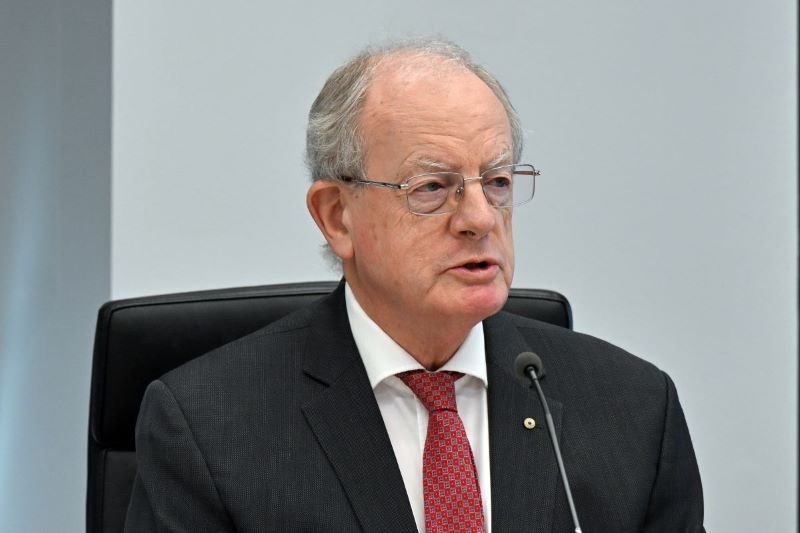Ministers Encouraged to Reclaim Power from Civil Service, Courts, and Experts
Policy Exchange is calling on politicians to reduce the size of the senior civil service and reverse the trend of empowering experts and quangos.
Politicians from all parties are being urged to take back authority from the civil service and move away from technocracy.
The 114-page report also advocates for changes to the Civil Service Code to reduce judicial reviews and shift away from relying on experts and quangos.
The authors argue that giving away power hinders ministers’ accountability for decisions, as they have less influence over them now than before.
They also warn that delegating responsibilities to experts without considering their broader impact, along with the rise of technocracy, has led to growing disillusionment among voters regarding politics.
“It is in the collective interest of politicians to reverse the trend towards Ministerial powerlessness, irrespective of party affiliation or current status in power,” the report states.
Authors of the report made 36 recommendations, deeming them particularly crucial as the Labour government faces “unprecedented challenges.”
Civil Service Code
The report highlights the strengths of the civil service but notes that officials, constantly exposed to conflicting ideas for drastic change, tend to resist and favor the status quo or minor reforms.
Among their proposals, the authors suggest amendments to the Civil Service Code, emphasizing officials’ duty not only to flag issues with proposed policies to Ministers but to actively seek alternative approaches to achieve Ministers’ goals.
They also propose changing the requirement for officials to “comply with the law and uphold the administration of justice” to “comply with UK law and uphold the administration of justice” to prevent pushback against policies.
“From Brexit to Rwanda and Gaza, there have been instances where officials claim the Code limits their ability to implement Ministers’ decisions they feel violate international law,” the report explains.
Mr. Justice Chamberlain affirmed that ministers are within their rights to make decisions contrary to international law, and the Code does not prevent civil servants from executing those decisions.
The report suggests no need for significantly different permanent secretaries but calls for a 40% reduction in senior civil service staff, policy function, and proposes a 30% increase in senior civil servants’ salaries, subject to the Senior Salary Review Body’s advice.
It also recommends that ministers be allowed to move civil servants in and out of roles vital to their strategic objectives and proposes removing the cap on special advisers or increasing it to between 200 and 300.
Arm’s Length Bodies, Watchdogs, Regulators
The report expresses concerns about the proliferation of arm’s length bodies (ALBs), watchdogs, and regulators, leading to increased judicial involvement, notably since the incorporation of the European Convention of Human Rights into domestic law through the Human Rights Act.
Citing examples such as the Bank of England, the Office for Budget Responsibility, and the Climate Change Committee, the report argues that these statutory safeguards hinder significant policy changes and empower technocratic groups.
“These mechanisms expand the judicial review powers over a wide range of government actions and policies if deemed incompatible with legal targets,” the report highlights, noting that embedding policies in primary legislation often delays significant policy changes for a couple of years.
The report’s recommendations are backed by former Cabinet minister Michael Gove and former Scottish Labour leader Jim Murphy, who provided forewords for the report.
Mr. Gove commended the report’s philosophy for pushing back against the idea of placing entire sectors of public decision-making in the hands of unaccountable technocrats.






